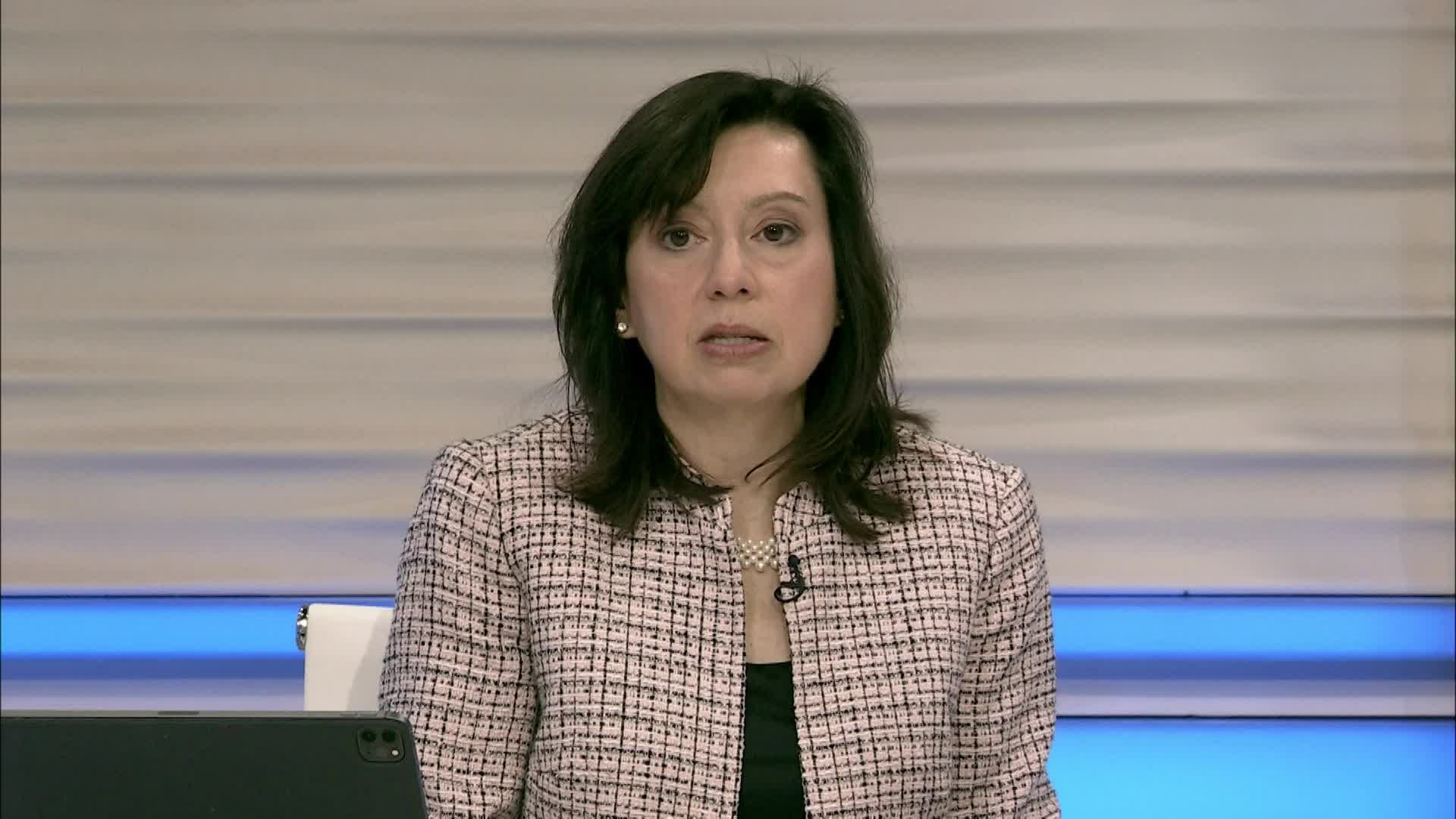The IMF praised the move by the Japan’s central bank to raise interest rates for the first time in 17 years, spokesperson Julie Kozack told reporters Thursday (April 4) in Washington, DC.
“So we welcome the Bank of Japan's decision to exit the yield curve control framework and the negative interest rate policy while ending some of the other exceptional monetary easing measures. These policies are in line with our recommendations, and they will help anchor both inflation and inflation expectations around Japan's 2% target,” said Kozack.
The IMF is assessing the impact of a deep drought on several African countries after they declared national emergencies. Kozack said that the IMF has warned of the dangers of climate shocks on the economies of countries in Sub-Sahara Africa and is working on ways to provide support.
“I think it's important to start by saying that we have seen over the last several years and decade an increased frequency of climate shocks globally. And Africa has been particularly hard hit by these climate shocks. And we see this, of course, happening now with these droughts in Zimbabwe, Malawi and Zambia,” said Kozack.
“The IMF remains committed to supporting sub-Saharan African countries. These successive shocks, including climate shocks, have underscored the importance of the IMF's role as an essential component to sub-Saharan Africa's safety net, particularly for countries with limited policy buffers. Since the beginning of the pandemic in 2020, the IMF provided almost $58 billion worth of financing to sub-Saharan Africa, most of it on highly concessional terms and with respect to supporting countries, build resilience to climate shocks.”
In Europe there concerns have been growing about the risks to growth as Germany’s forecast has been slowing. Kozack noted that Germany has actually weathered the impact of the war in Ukraine and subsequent energy shortage better than some feared and that over time other European countries have become less dependent on German trade and finances.
“In this well integrated setting slow German growth is, of course, having some adverse effect on the rest of the eurozone. And that said, studies typically find these effects to be moderate. What we have found is that a negative shock to German growth of one percentage point in reduction and near-term growth affects the rest of the eurozone by 0.1 percentage points. And these studies have found that shocks to US growth actually have a bigger impact on the rest of the euro-area. So there is an impact, but we do assess it to be to be moderate,” she concluded.
A copy of the full transcript is available at IMF.org.
IMF Japan / African Drought / Germany
Release Date: 04 Apr 2024 | Washington, DC

